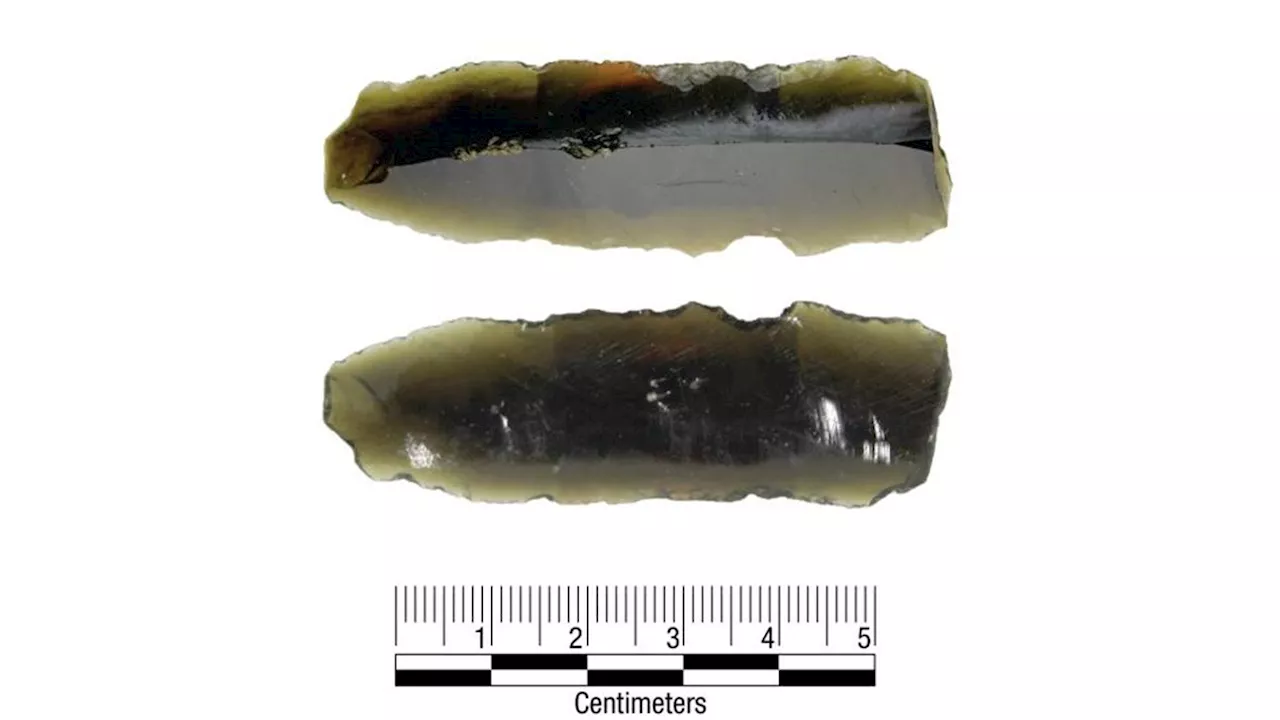Laura is the archaeology and Life's Little Mysteries editor at Live Science. She also reports on general science, including paleontology. Her work has appeared in The New York Times, Scholastic, Popular Science and Spectrum, a site on autism research.
A greenish obsidian blade, believed to have been found on the Texas Panhandle, may be from the 16th-century expedition led by the Spanish explorer Francisco Vázquez de Coronado, a new study suggests.
According to common lore, Coronado and Spanish knights were sent by the king of Spain to look for the fabled gold Seven Cities of Cíbola. Nowadays, historians note that it was Antonio de Mendoza, Viceroy of New Spain , who ordered Coronado to find the rumored city; instead, Coronado's expedition journeyed to modern-day Kansas before returning empty handed.
X-ray fluorescence spectrometry, a non-invasive technique that determines an object's elemental composition, revealed that the blade is"wholly consistent with obsidian from the Sierra de Pachuca source in Central Mexico," about 55 miles northeast of Mexico City, the authors wrote in the study. But, given the uncertainty of the blade's origins, it's hard to say for certain whether it came from the Coronado expedition, the Flints said.—Indigenous Mexicans migrated to California 5,200 years ago, likely bringing their languages with them, ancient DNA reveals
United States Latest News, United States Headlines
Similar News:You can also read news stories similar to this one that we have collected from other news sources.
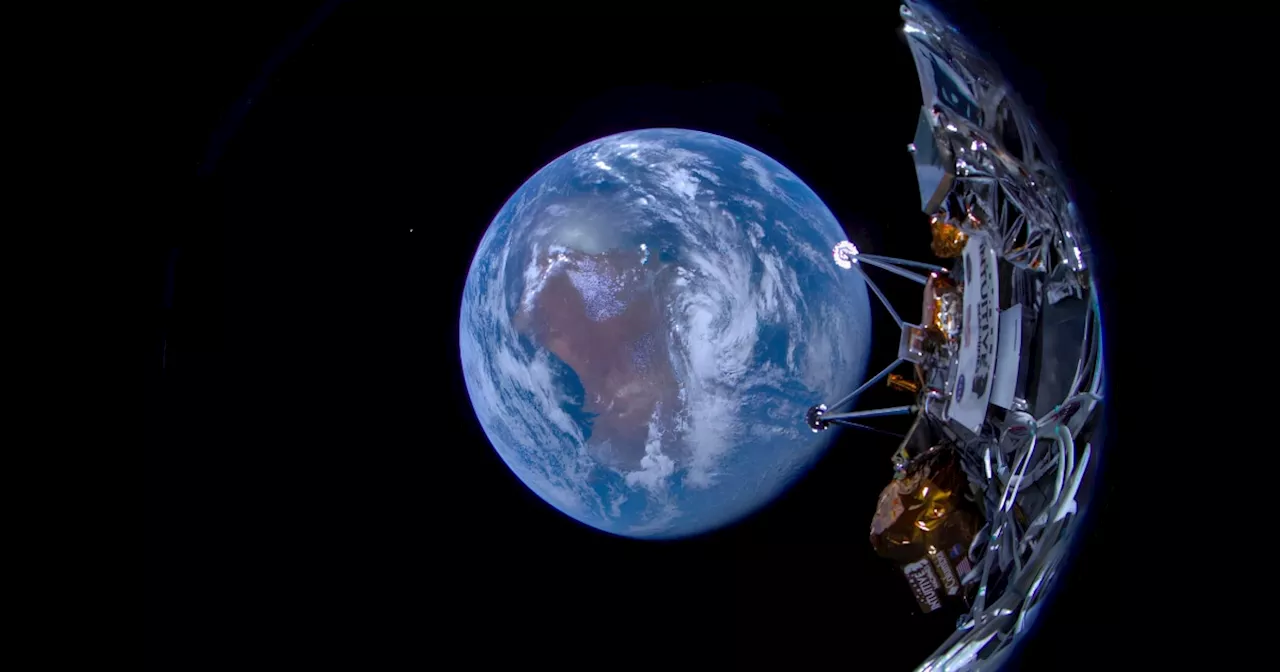 Moon landing: 'Odysseus' touches down on lunar surfaceDenise Chow is a reporter for NBC News Science focused on general science and climate change.
Moon landing: 'Odysseus' touches down on lunar surfaceDenise Chow is a reporter for NBC News Science focused on general science and climate change.
Read more »
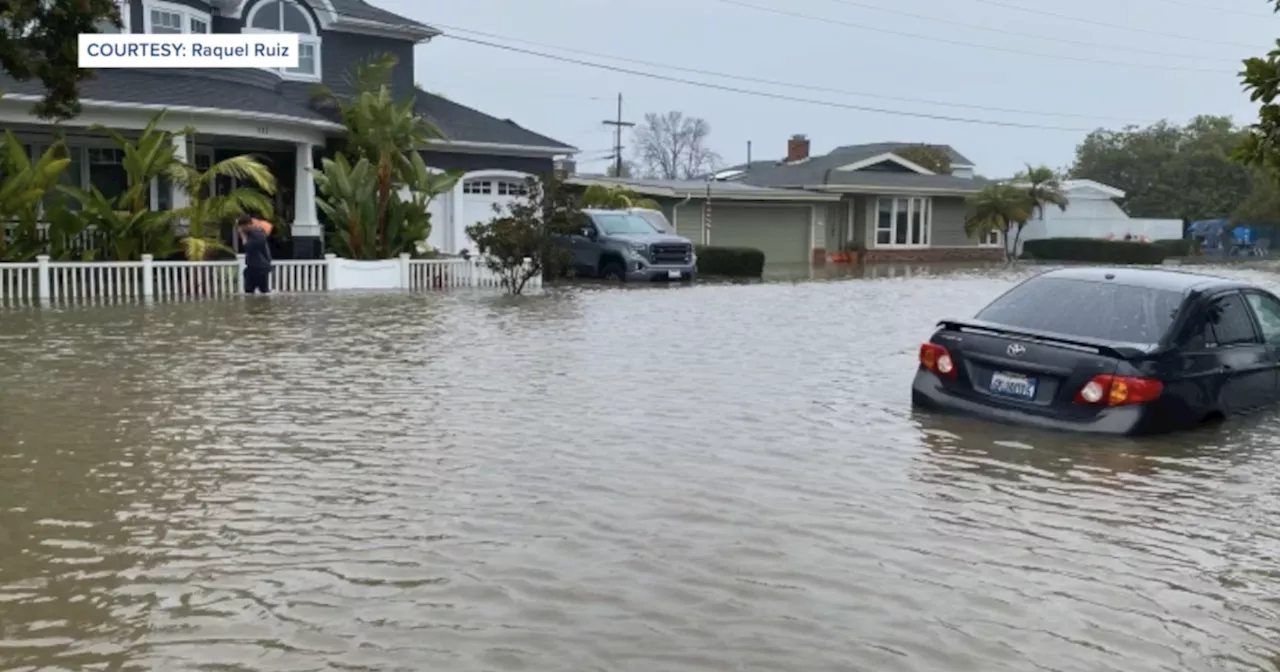 Fundraiser for woman who lost car, cleaning supplies in Coronado floodingRyan is stoked to be in San Diego! He’s coming to the area from Sacramento. So, he only had to shuffle his area codes around a little bit, trading the 916 for the 619.
Fundraiser for woman who lost car, cleaning supplies in Coronado floodingRyan is stoked to be in San Diego! He’s coming to the area from Sacramento. So, he only had to shuffle his area codes around a little bit, trading the 916 for the 619.
Read more »
Postdoctoral Associate- Single- Cell and Data Science - Houston, Texas (US) job with Baylor College of Medicine (BCM)The position is intended for Computer Science, Computational Biology, or life science graduates transitioning to a data science and bioinformatics career.
Read more »
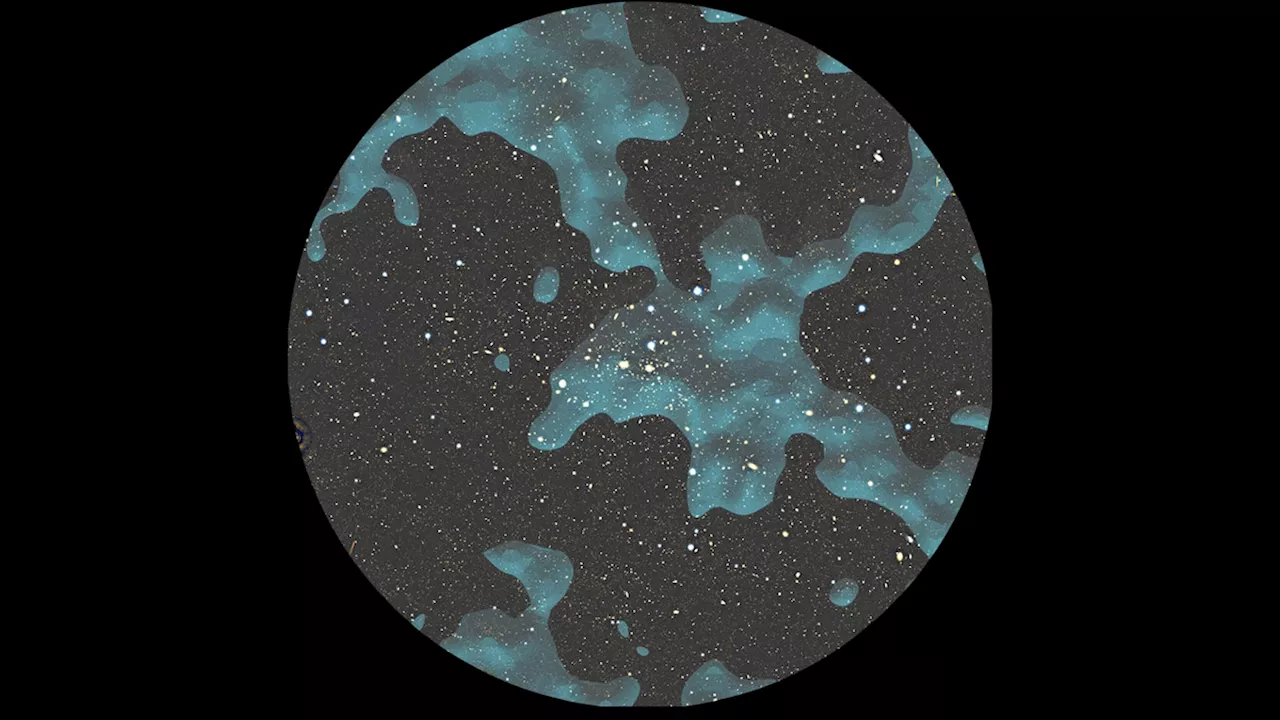 Dark matter detected dangling from the cosmic web for 1st timeRobert Lea is a science journalist in the U.K. whose articles have been published in Physics World, New Scientist, Astronomy Magazine, All About Space, Newsweek and ZME Science. He also writes about science communication for Elsevier and the European Journal of Physics. Rob holds a bachelor of science degree in physics and astronomy from the U.K.
Dark matter detected dangling from the cosmic web for 1st timeRobert Lea is a science journalist in the U.K. whose articles have been published in Physics World, New Scientist, Astronomy Magazine, All About Space, Newsweek and ZME Science. He also writes about science communication for Elsevier and the European Journal of Physics. Rob holds a bachelor of science degree in physics and astronomy from the U.K.
Read more »
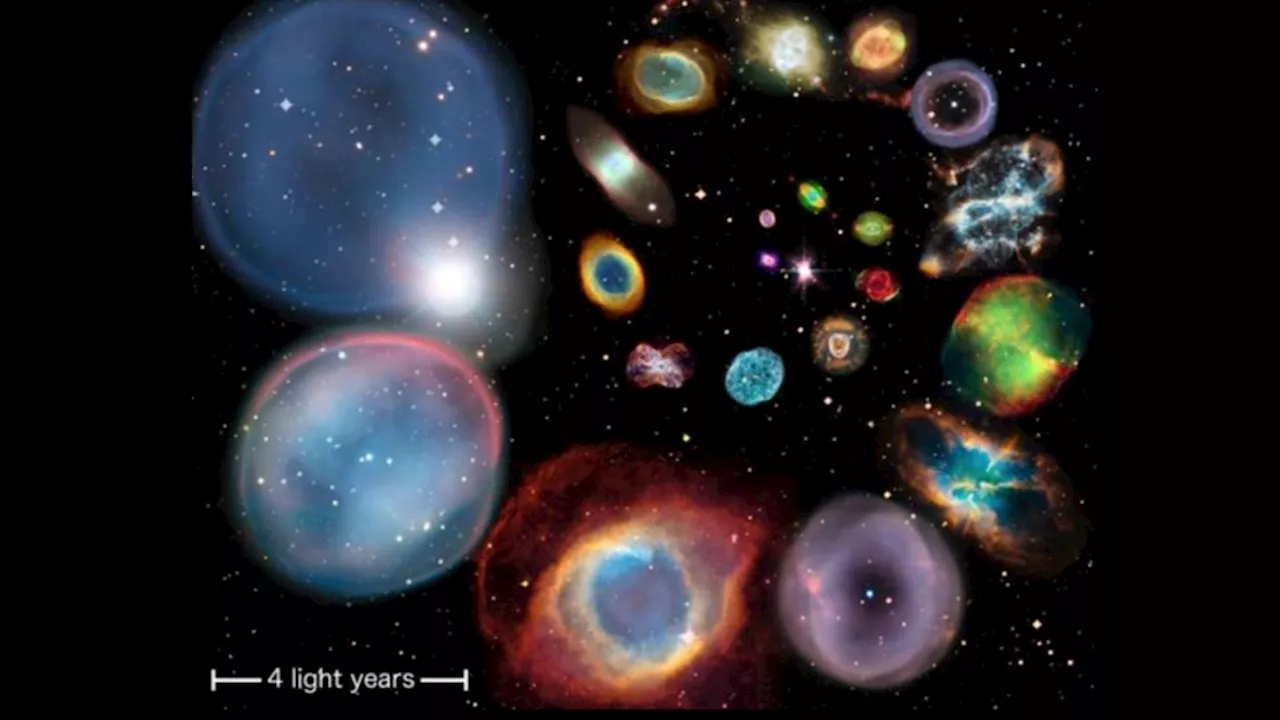 Fire but no brimstone: Where is the universe's missing sulfur?Robert Lea is a science journalist in the U.K. whose articles have been published in Physics World, New Scientist, Astronomy Magazine, All About Space, Newsweek and ZME Science. He also writes about science communication for Elsevier and the European Journal of Physics. Rob holds a bachelor of science degree in physics and astronomy from the U.K.
Fire but no brimstone: Where is the universe's missing sulfur?Robert Lea is a science journalist in the U.K. whose articles have been published in Physics World, New Scientist, Astronomy Magazine, All About Space, Newsweek and ZME Science. He also writes about science communication for Elsevier and the European Journal of Physics. Rob holds a bachelor of science degree in physics and astronomy from the U.K.
Read more »
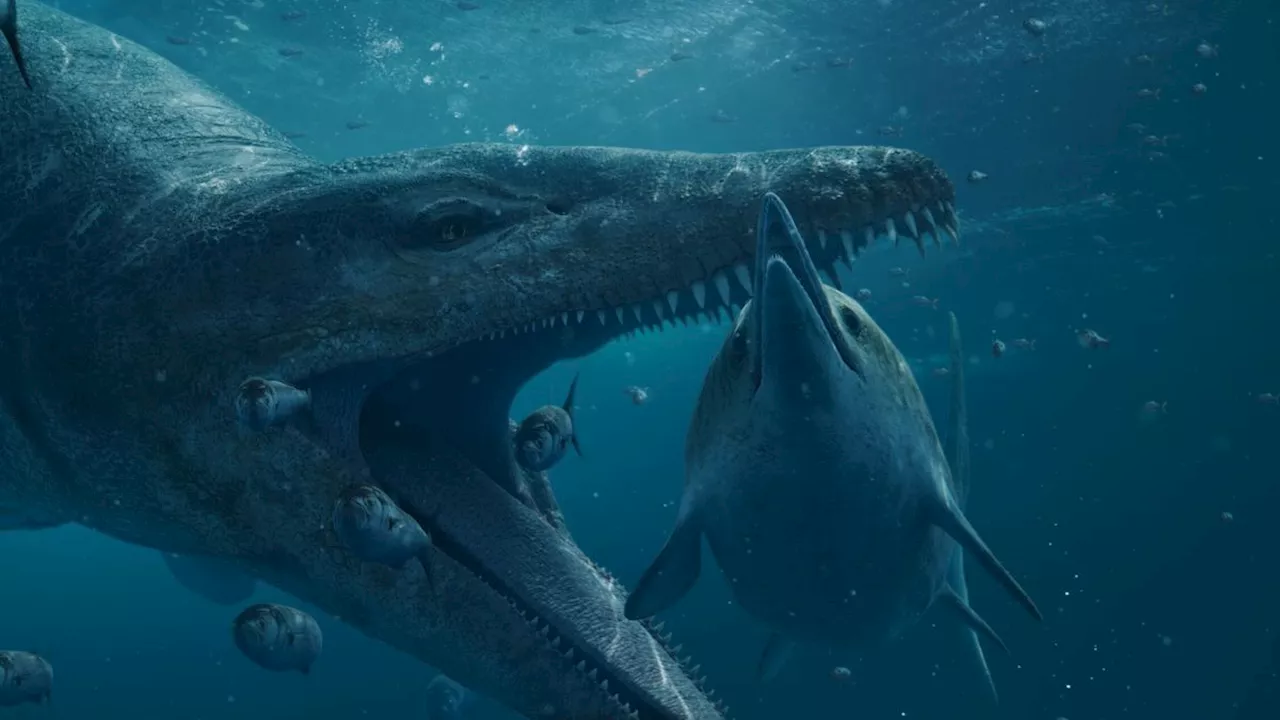 Watch 30-foot Jurassic sea monster come back to life in David Attenborough's new pliosaur showHannah Osborne is the planet Earth and animals editor at Live Science. Prior to Live Science, she worked for several years at Newsweek as the science editor. Before this she was science editor at International Business Times U.K. Hannah holds a master's in journalism from Goldsmith's, University of London.
Watch 30-foot Jurassic sea monster come back to life in David Attenborough's new pliosaur showHannah Osborne is the planet Earth and animals editor at Live Science. Prior to Live Science, she worked for several years at Newsweek as the science editor. Before this she was science editor at International Business Times U.K. Hannah holds a master's in journalism from Goldsmith's, University of London.
Read more »
